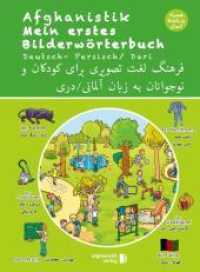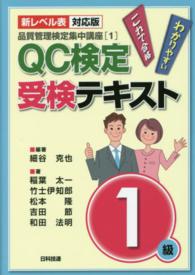Full Description
Through meticulous textual and contextual analysis of the sixteenth-century Chinese tale The Seven Brothers and its fifteen contemporary variants, Juwen Zhang unveils the ways in which the translation and illustration of folk and fairy tales can perpetuate racist stereotypes. By critically examining the conscious and unconscious ideological biases harbored by translators, adapters, and illustrators, the author calls for a paradigm shift in translation practices grounded in decolonization and anti-racism to ensure respectful and inclusive representation of diverse cultures. Translating, Interpreting, and Decolonizing Chinese Fairy Tales not only offers insights for translators, researchers, and educators seeking to leverage folktales and picture books for effective children's education and entertainment, but also challenges our preconceived notions of translated and adapted folk and fairy tales.
Contents
Part I: A Tale Over Five Centuries
Chapter One: The Seven Brothers (Qi Xiongdi) from the sixteenth Century
Chapter Two: Fifteen Variants in Contemporary China
Chapter Three: Two English Translations
Part II: A Case Study of The Five Chinese Brothers
Chapter Four: The Tale in Chinese Context
Chapter Five: From "Queer Brothers" to "Chinese Brothers"
Chapter Six: The Five Chinese Brothers and Beyond
Part III: A New Ideological Agenda in Translation
Chapter Seven: Deconstructing Existent Stereotypes
Chapter Eight: Meeting Challenges in Action








